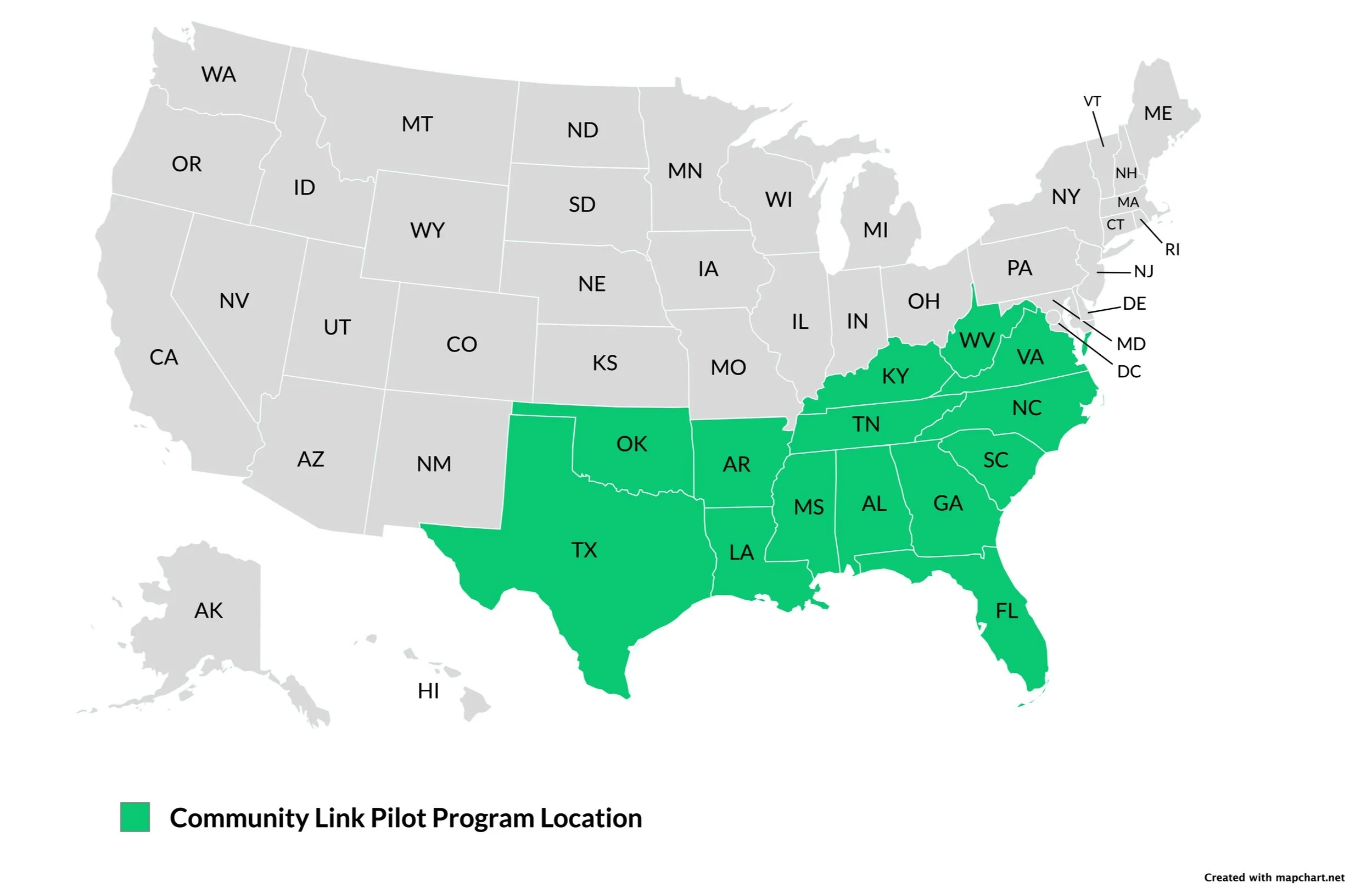Community Link Program: A Catalyst for Collaboration Between Local Governments and Community Partners
While community interests are essential for lasting climate solutions, they’re often inadequately represented in key decisions. For federally funded projects, community-based organizations (CBOs) play a crucial role in ensuring projects represent community interests and needs; however, federal funding has historically been inaccessible to CBOs. Hua Nani’s State Funding Readiness Project (SFRP) addresses this gap by providing free, fast, and flexible technical assistance to help jurisdictions leverage federal climate investments. Building on this success, we’re launching the Community Link Pilot Program to strengthen partnerships between local governments and CBOs, ensuring community priorities shape climate action.
Why CBO Perspectives Are Essential
CBOs bring unique strengths to federal grant projects through their representation of community interests. Unlike traditional applicants, CBOs are non-governmental groups often led by members of the communities they serve. Their understanding of highly localized issues affecting distinct groups of residents—like tackling air pollution in neighborhoods near industrial sites—makes them especially valuable partners for federal funding initiatives. Whether CBOs are lead applicants or partners, this local expertise offers several key advantages:
CBOs deeply understand local needs and know which place-based solutions will work best in their communities.
A history of trusted engagement helps CBOs engage residents quickly and effectively.
When CBOs lead community-scale projects, residents see immediate benefits of federal funding in their daily lives.
Involving CBOs in federal projects is essential for success. Without their guidance, project benefits may fail to reach their intended communities. Traditional applicants may also miss opportunities to produce project co-benefits on community-scale issues like economic development or public health. When communities aren't meaningfully involved in local projects, they lose trust in government initiatives and may actively resist future engagement.
Breaking Down CBO Barriers
While recent federal programs increasingly emphasize CBO partnerships and community engagement, CBOs still face significant barriers to accessing funding. Even when eligible, many CBOs often struggle with securing the staff and resources to meet demanding timelines and complex federal requirements. Our experience supporting CBOs applying for Environmental Protection Agency (EPA) Community Change Grants revealed four critical challenges:
Program Design: preparing a detailed project plan, collecting necessary data, and building partnerships with state and local governments.
Application Readiness: navigating federal systems and terminology, completing federal grant registrations, and developing application templates.
Application Drafting: understanding federal requirements, creating program budgets, developing a compelling narrative, and aligning the narrative with program requirements and merit criteria.
Grant Management: filling staff capacity and knowledge gaps, creating management systems and timelines, and tracking key deliverables.
“Our team truly appreciates the accessibility and authentic involvement that SFRP has provided throughout the process. From the start, SFRP has ensured that we have open channels of communication, making it easy for us to engage, ask questions, and share our input. This level of transparency and collaboration has given us a sense of shared ownership over the work. It’s not just about receiving expert guidance—it’s about being actively involved at every step. The process feels supportive and genuine, which has empowered us to contribute more confidently and feel more connected to the overall goals. SFRP’s approach has made a real difference in the quality of our work and our understanding of the process.”
A New Model for Success
Through our new Community Link Program, we're building stronger bridges between Southern communities and their local governments. This 12-month pilot aims to ensure climate projects better reflect community priorities. As shown in the process model below, we’ll work through the trusted networks of our liaison partners to identify community advisors. These advisors will bring crucial community insights and expertise to strengthen climate projects.
This pilot will initially focus on Southern cities, where communities face urgent climate threats but often lack state-level support. The South has a legacy of structural racism and a fragmented political landscape, contributing to systematic under-resourcing of historically marginalized communities vulnerable to climate impacts like rising temperatures, increased precipitation, and stronger storms. After testing and refining our approach, we plan to scale Community Link to other U.S. geographies.
Community Link offers three key benefits:
Bridges Critical Gaps: fills the “Missing Middle” in technical assistance by ushering new collaboration pathways between CBOs and jurisdictions using SFRP’s proven support model.
Leverages Trusted Relationships: brings in the expertise of CBOs with established, trusted community relationships to support more meaningful engagement from local governments.
Ensures Early Community Input: incorporates community input in the early stages to shape project design and help maintain community support throughout implementation.
The need for Community Link is urgent. As federal equity requirements like Justice40 face growing pressure, community engagement in climate projects becomes even more critical. Without strong mandates to engage disadvantaged communities—those historically burdened by pollution and underinvestment—their needs may go unheard. Through Community Link, we will help protect community interests, ensuring federal climate funds create impact where it’s needed most.
Get in Touch
If you’re interested in learning more about Community Link or the State Funding Readiness Project, please email info@statereadiness.org.


